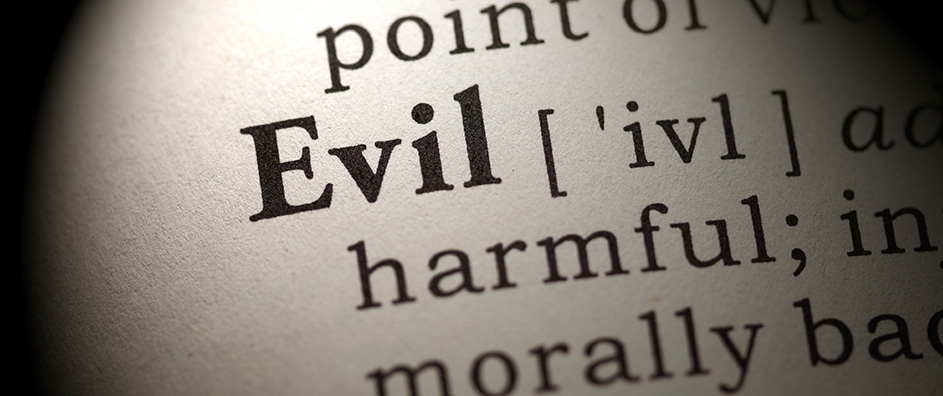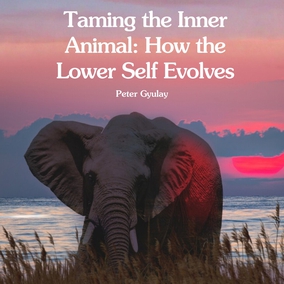The views expressed in our content reflect individual perspectives and do not represent the authoritative views of the Baha'i Faith.
…lead us not into temptation, but deliver us from evil. – the Lord’s Prayer.
Every Christian knows this famous phrase. Raised as a Christian, I became very familiar with these words. But in the Baha’i writings I found its meaning.
To find that meaning, first one needs to realize that suffering in this physical world has two origins: natural causes and human causes. The first occurs as a result of natural laws–we will call it simply suffering—and the latter results from the free will of human beings. Human-caused suffering we will call evil.
So, according to the Baha’i teachings, what makes something evil? The Baha’i writings answer this tough question in two ways. In the book Some Answered Questions, Abdu’l-Baha addresses the complex topic of evil, beginning by warning that the explanation of the subject is difficult. Then He describes evil as an absence rather than a presence:
Briefly, the intellectual realities, such as all the qualities and admirable perfections of man, are purely good, and exist. Evil is simply their nonexistence… In the same way, the sensible realities are absolutely good, and evil is due to their nonexistence—that is to say, blindness is the want of sight, deafness is the want of hearing, poverty is the want of wealth… – Some Answered Questions, p. 263.
…all that God created He created good. This evil is nothingness; so death is the absence of life… all evils return to nonexistence. Good exists; evil is nonexistent. – ibid, p. 263.
 Abdu’l-Baha presents several analogies to explain the non-existence of evil. He says that blindness exists due to the lack of sight; likewise, evil exists because it represents the absence of good; and the existence of evil is ephemeral, confined to the material world.
Abdu’l-Baha presents several analogies to explain the non-existence of evil. He says that blindness exists due to the lack of sight; likewise, evil exists because it represents the absence of good; and the existence of evil is ephemeral, confined to the material world.
Does this mean that evil does not exist? No–it means evil has no existence of its own.
Confused? Let’s try another analogy.
Consider the shadow of an object. That shadow only comes into being in the area where the object obscures light. The shadow has no existence of its own, for without the object there would be no shadow. Therefore we can say that the shadow is non-existent, when compared to the object; however, we cannot deny the existence of the shadow.
On other occasions, Abdu’l-Baha presented answers with a more empirical and symbolic perspective:
Evil is imperfection. Sin is the state of man in the world of the baser nature, for in nature exist defects such as injustice, tyranny, hatred, hostility, strife… Through education we must free ourselves from these imperfections. – Paris Talks, p. 177.
The reality underlying this question is that the evil spirit, Satan or whatever is interpreted as evil, refers to the lower nature in man. This baser nature is symbolized in various ways… God has never created an evil spirit; all such ideas and nomenclature are symbols expressing the mere human or earthly nature of man. It is an essential condition of the soil of earth that thorns, weeds and fruitless trees may grow from it. Relatively speaking, this is evil; it is simply the lower state and baser product of nature. – The Promulgation of Universal Peace, p. 293.
One of the Baha’i definitions of evil has a complex, metaphysical approach; the other gives us a simpler and more empirical framework. These complementary answers allowed me to better understand the phrase from the Lord’s Prayer: “…lead us not into temptation, but deliver us from evil.”
The Baha’i approach taught me a new way to think about the problem of evil. Christ admonished his followers to ask God not to let them fall into the temptation of reducing themselves to their lower nature. If we understand evil as our lower nature—revenge, violence, hatred and the like—then we know those characteristics could eventually reduce us to nothingness.
















Comments
Sign in or create an account
Continue with Googleor